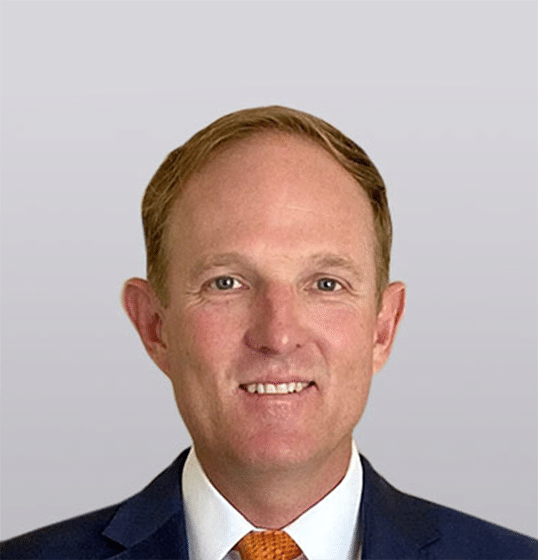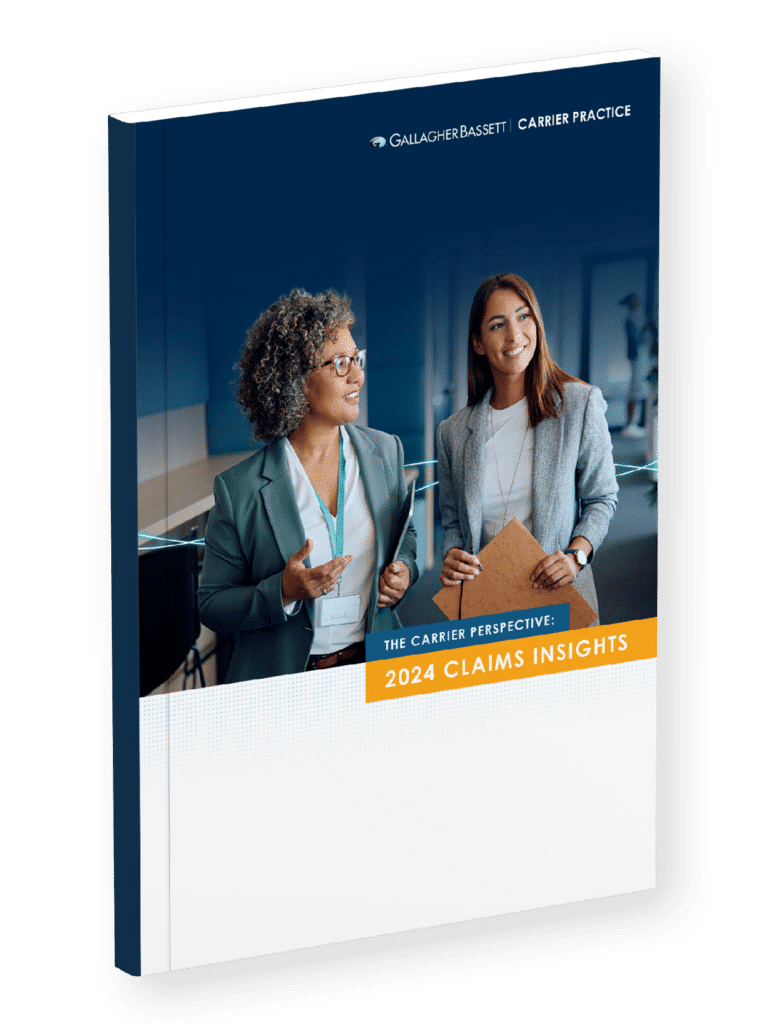It has been interesting to see the various impacts COVID-19 has had on claim frequency and severity across industries, which has led to program partners seeking consultation to help predict post-pandemic claim volumes and plan for new program development.
Let us explore how recent trends are changing the program marketplace and the key factors for evaluating and selecting the right third-party administrator (TPA) to help you achieve superior outcomes.
The Impact of Social Inflation and Nuclear Verdicts
Regardless of whether the program is a startup or has been in place for a long time, a few bad verdicts can damage the entire program’s performance. Even programs that have been consistently profitable for decades are susceptible to a material shock loss.
It is not a matter of whether the program administrator (PA) and their carrier partner are operating efficiently but rather how the jury and/or jurisdiction is operating. Insureds in the transportation, real estate, hospitality, and construction industries, for example, are very active in identifying loss control and early-intervention solutions to mitigate this risk.
While rates could certainly be increased, rates can only do so much if a nuclear verdict comes into play. Identifying the potential for those verdicts and using resolution strategies to avoid them is part of what we are focused on across our Carrier Practice and specialty liability teams. We have had great success utilizing our award-winning Major Case Unit (MCU) and high-hazard industry specialists to engage early in the life cycle of claims that have the characteristics to develop adversely.
What PAs and Carriers Should Look for in a TPA
The right TPA will be approved by both the PA and the carrier for their demonstrated expertise and performance in the program market. For the PA, who controls the book of insureds and the future pipeline, the right TPA supports their vision and collaborates with them on claim-handling instructions and the features of the service offering that make their program unique. If the PA has influence over claims management, they are building their team to their specifications in line with their brand and market strategy.
Performance-benchmarking capabilities are also critical—especially for startup programs.
Leveraging a robust historical data set can provide valuable insights and shape expectations for developing programs as well as mature portfolios. For example, Gallagher Bassett’s claim database consists of information that spans 60 years across all industries and lines of coverage. The right TPA’s claim-management and RMIS systems will help satisfy the data requirements of both underwriting and actuarial via custom reporting across a wide range of dimensions.
An important piece of building resilient program models is providing PAs and carriers the opportunity to be more responsive to changes in the market by taking advantage of a TPA’s innovative-solutions suite, which includes RMIS systems, mobile apps, and analytical capabilities.
At GB, we help PAs differentiate themselves—especially when it comes to the small and middle markets. For example, it is one thing to say you understand third-party liability, workers’ compensation, or professional liability. However, understanding the nuances of those products and lines of business as they pertain to industry segments—retail/hospitality, healthcare, manufacturing, construction, and transportation, for example—is critical. This understanding guides decision-making and uncovers strategic insights that improve outcomes and inform capital investments.
Lastly, the TPA’s offering should include excellent client-service support, innovative solutions (such as industry-leading decision-support tools) and a deep bench of analytics experts committed to performance management. These elements are all embedded in GB’s Carrier Practice model and are constantly evolving with the strategies and requirements of our clients.
We are looking forward to connecting with attendees of the upcoming 22nd Target Markets Annual Summit, October 17–19. Be sure to stop by Booth #1 to visit Jon Stambaugh, Amy O’Brien, Caryn Siebert, Matt Schauer, Nicholas Gumpel, and Bob Morris to discuss how GB can help you improve and leverage your program.







